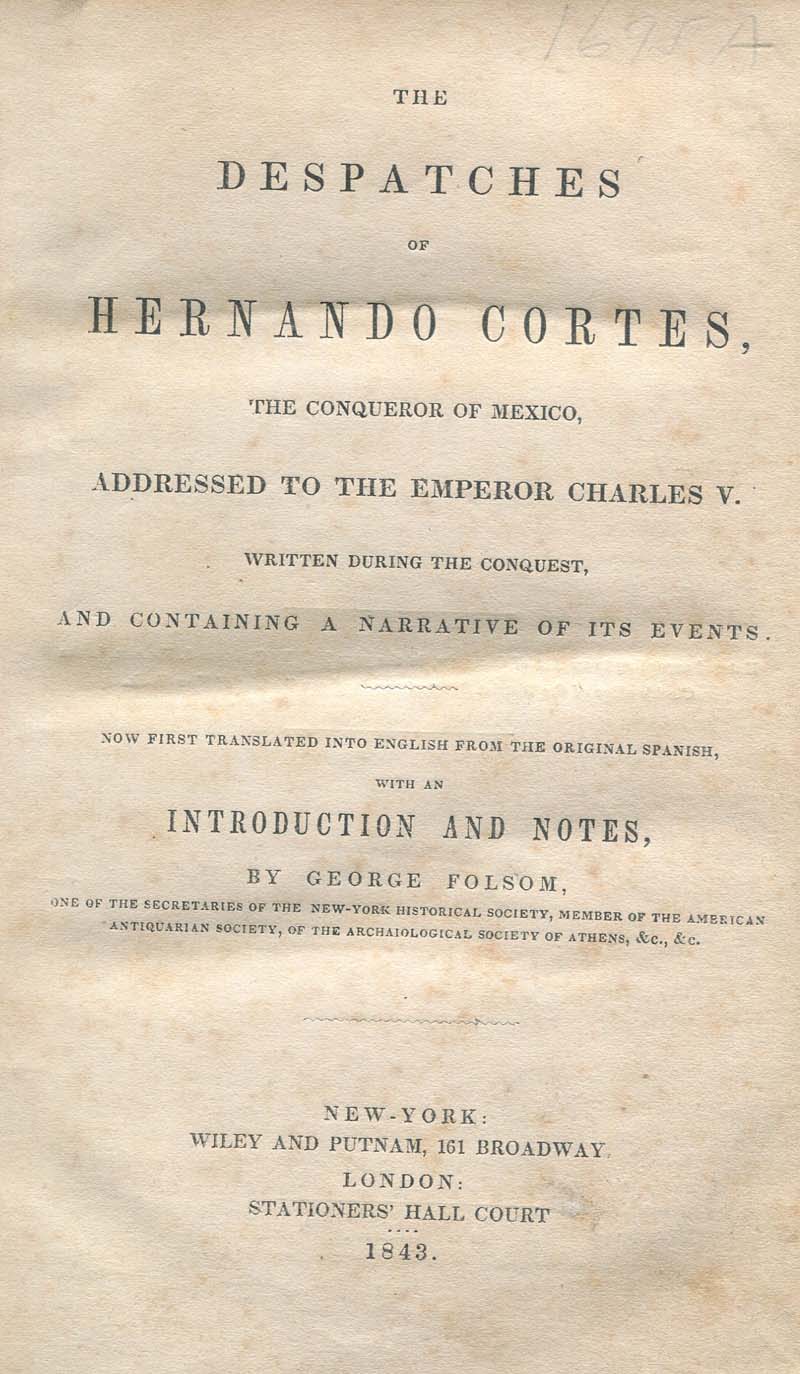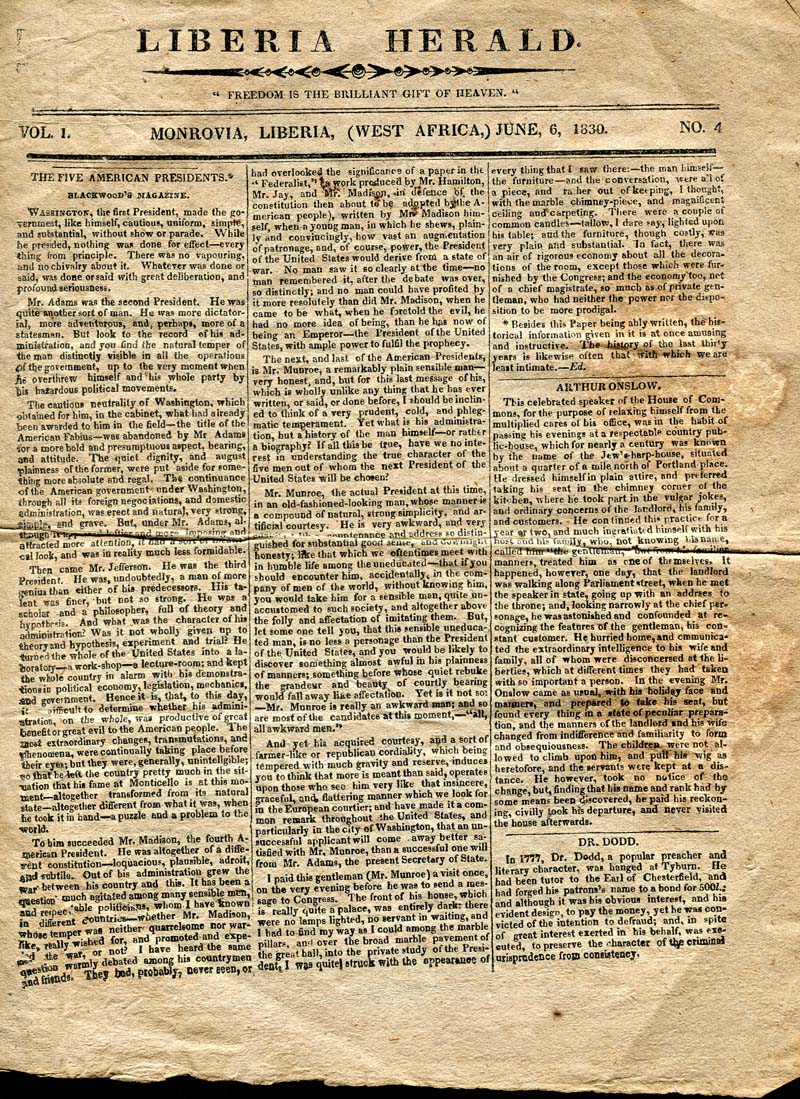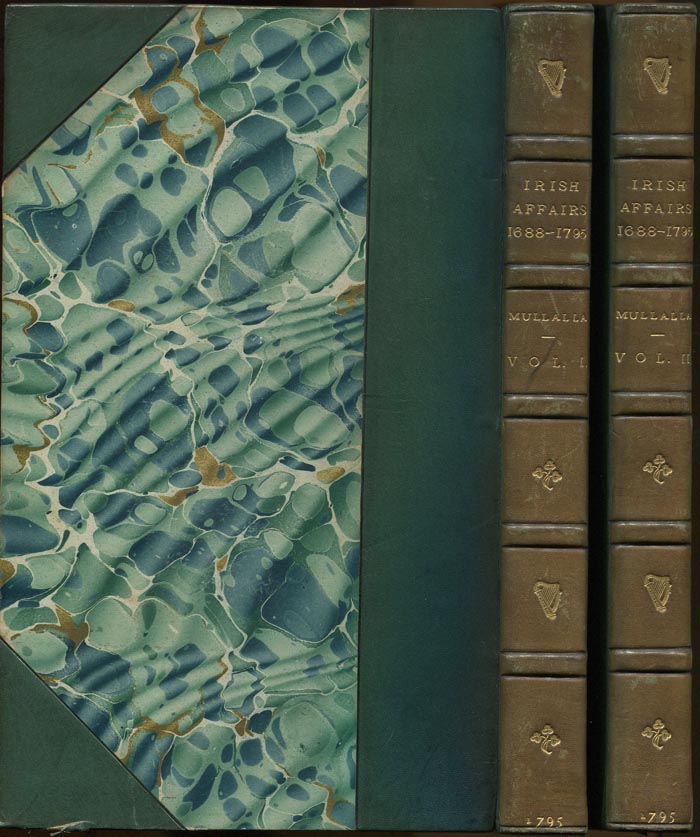“Alpha Delta Phi Entertains: Enjoyable Rarebit Party and Dance”
“Last Saturday night an informal rarebit [see http://en.wikipedia.org/wiki/Welsh_rarebit] party was held at the Alpha Delta Phi house, 122 Vernon Street [lists chaperones and attendees] . . . After some time had been spent around the fire singing college songs, the whole party adjourned to the dining room, where several of the young ladies officiated at the chafing dishes. The rugs and furniture were then removed from the rooms, and the remainder of the evening was spent in dancing. Excellent music was furnished by Clark, ’11, on the violin; Moore, ’14, on the mandolin; and Adam, ’14, on the piano.”
Best advertisement: Brown, Thompson & Co. “For Hallowe’en / You will find in our Corner Store a line of Novelties, very appropriate in the way of Pumpkins, Ghosts, Witches, Cats, Pumpkin Lanterns, etc., for favors and the like. For table decorations, we have a nice showing of fancy crepe papers and napkins, also Place cards, Tally cards, and everything you need in the way of Hallowe’en appointments.”
Tags: From the Archives















